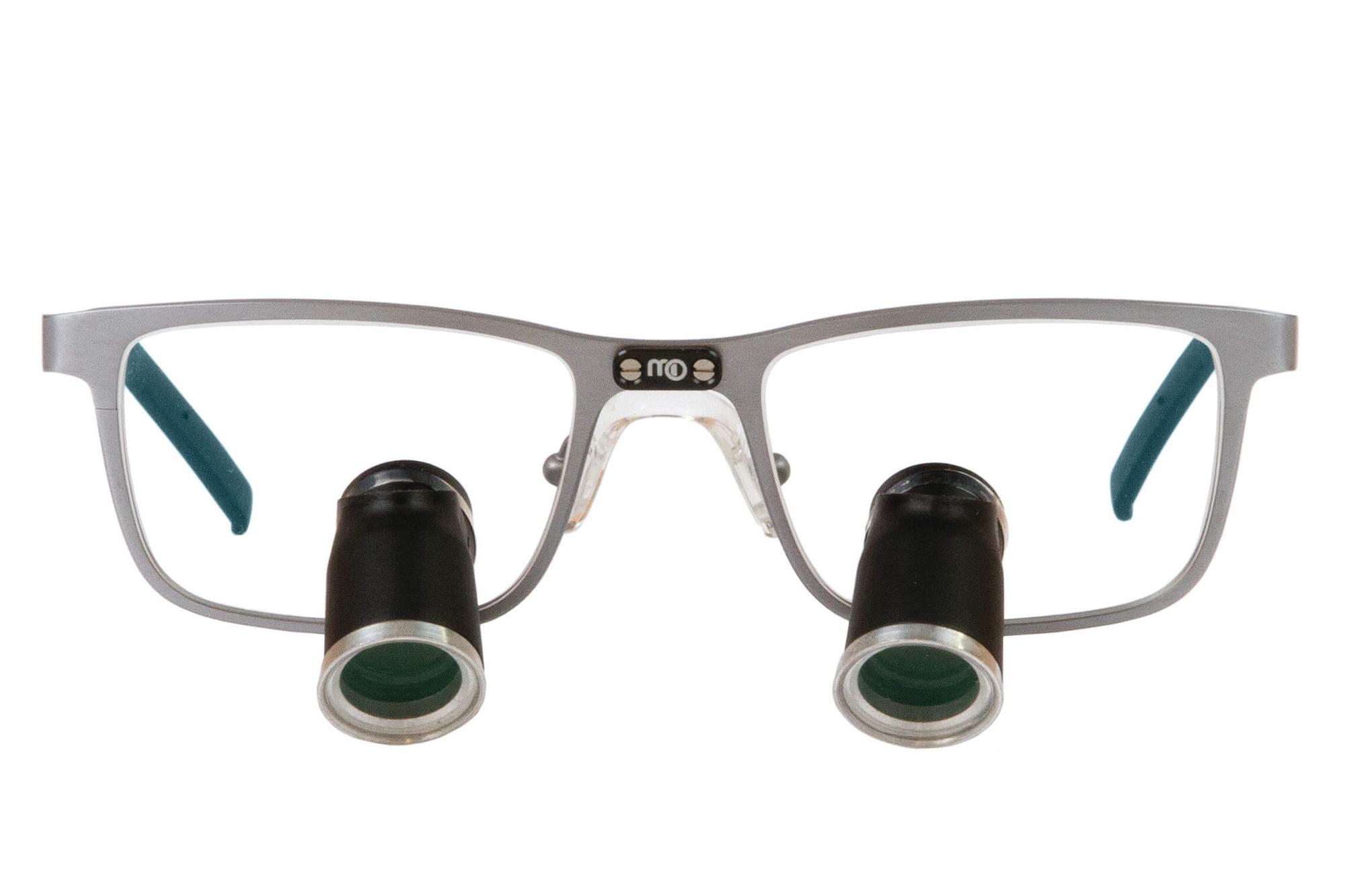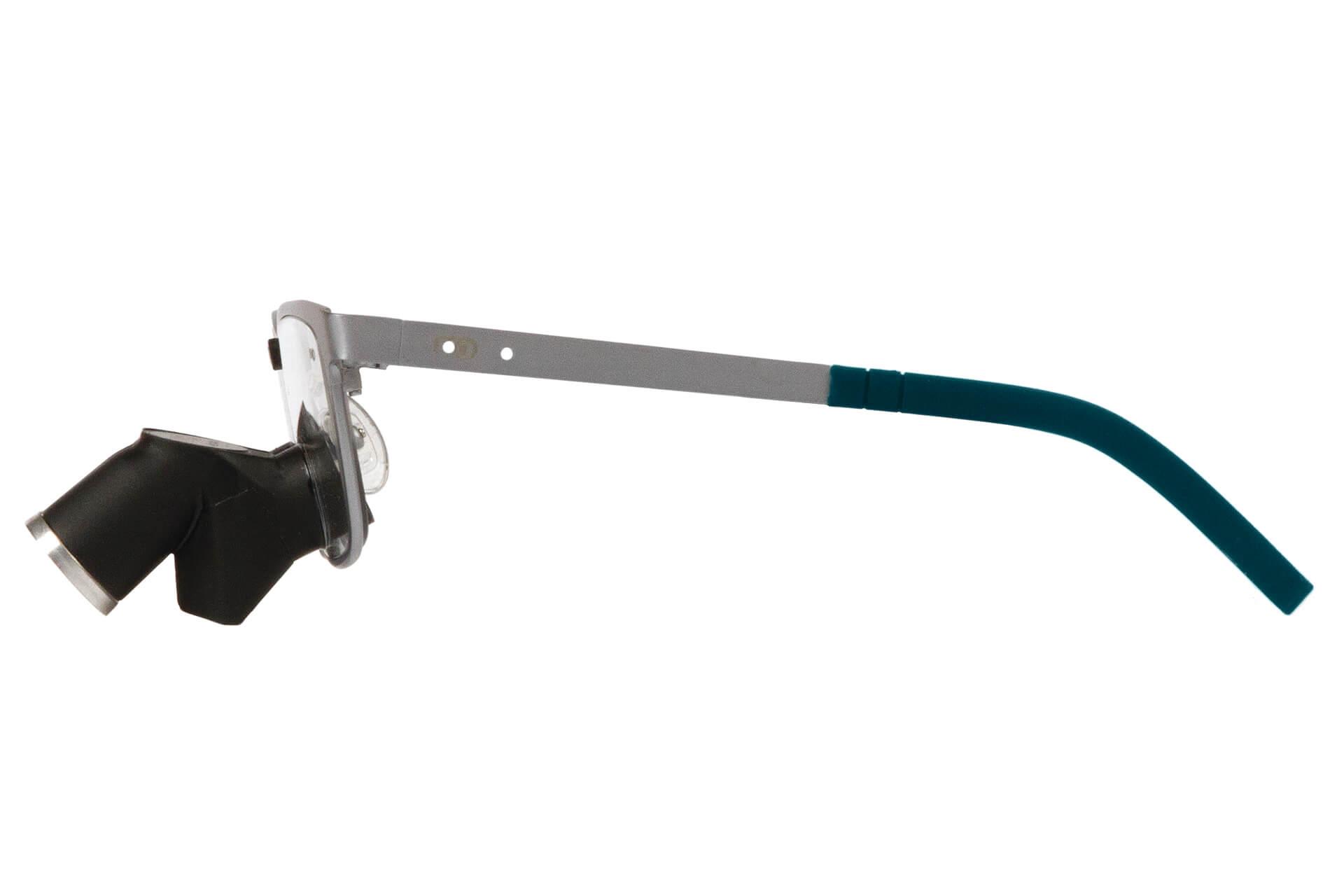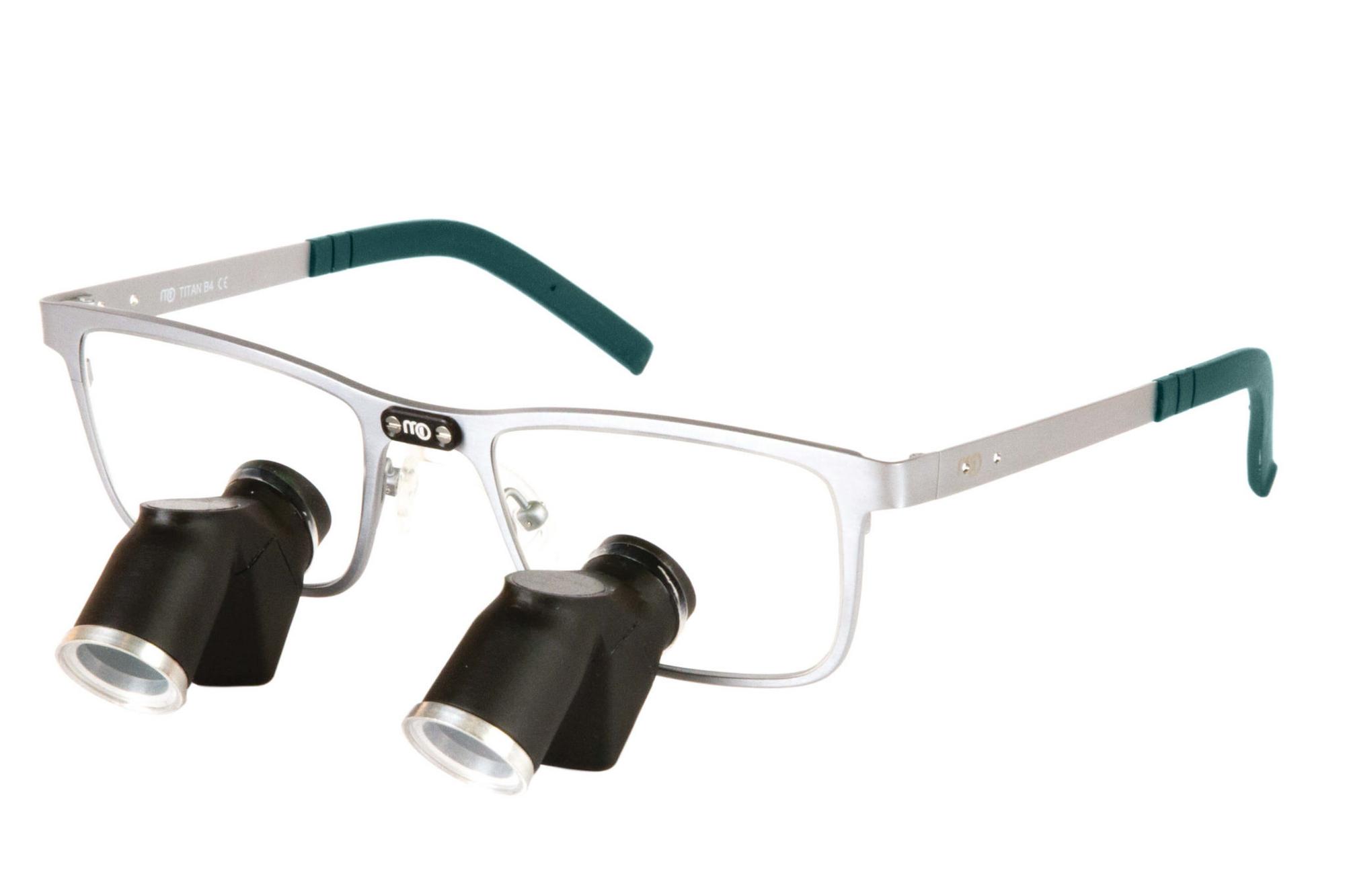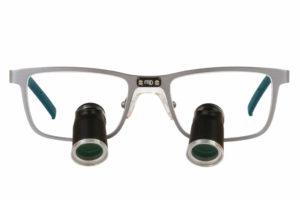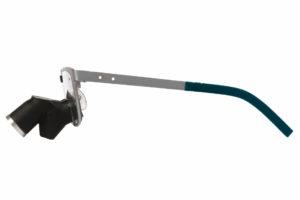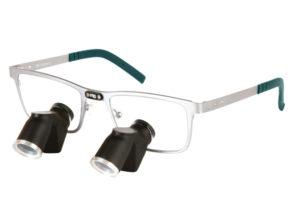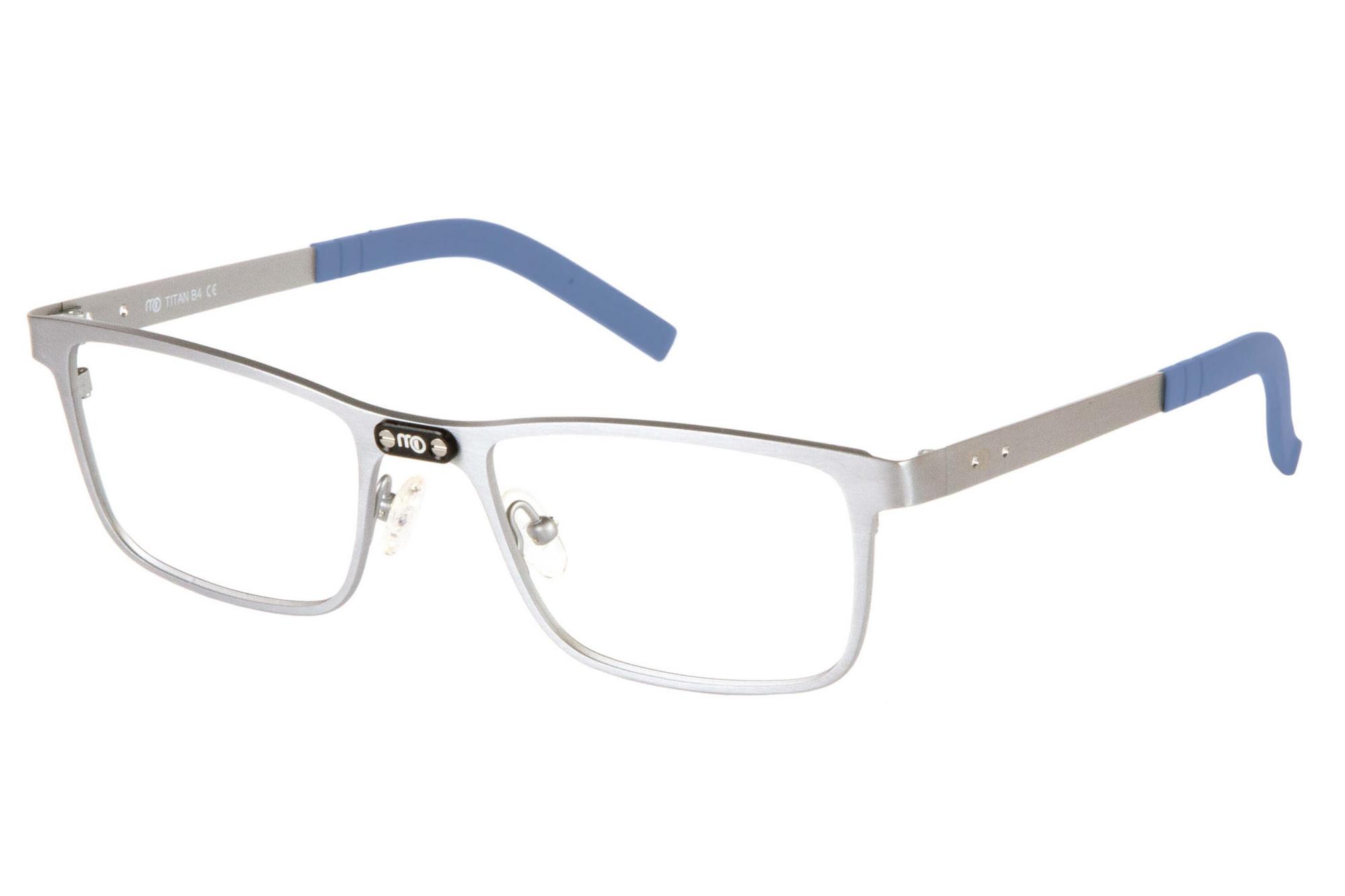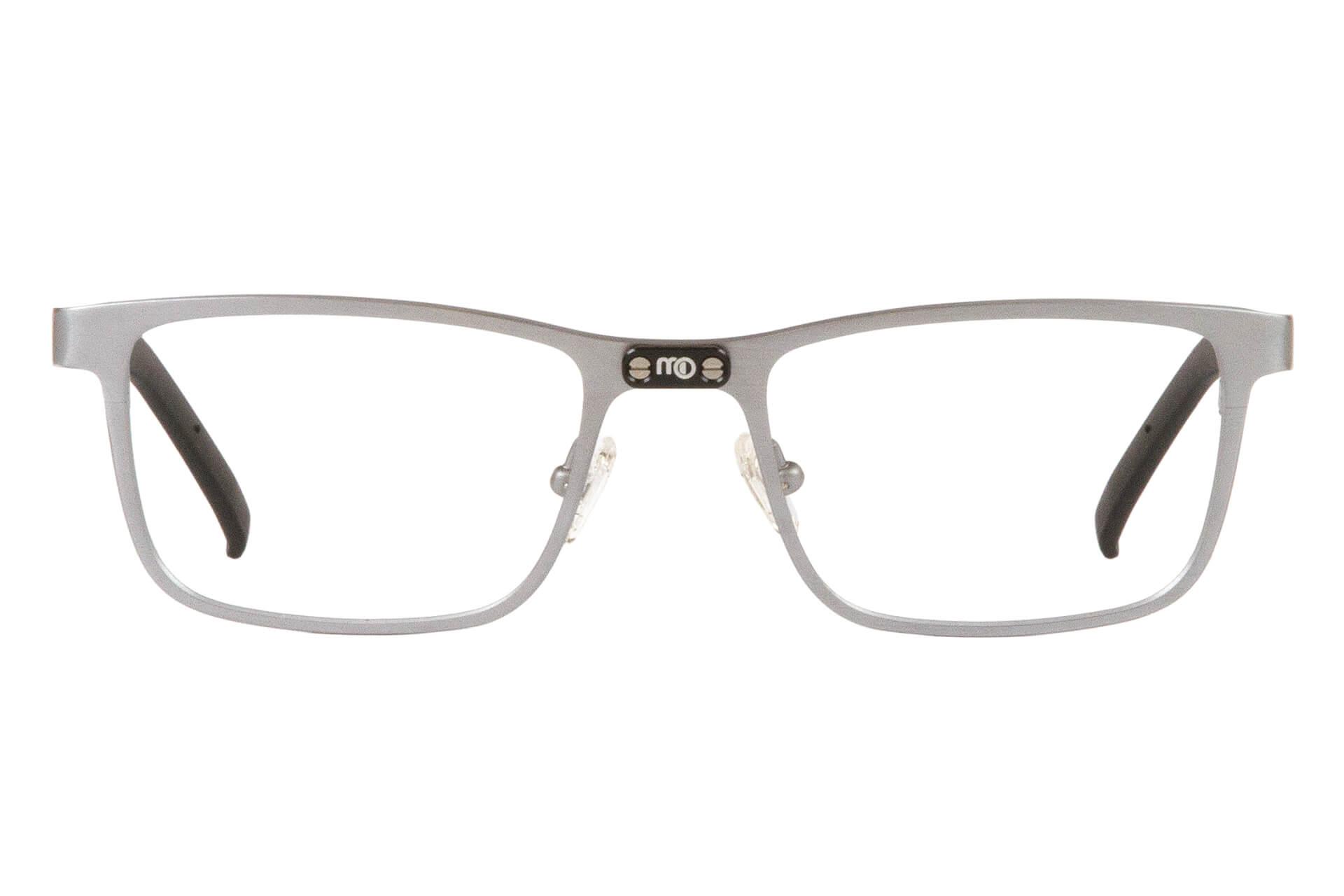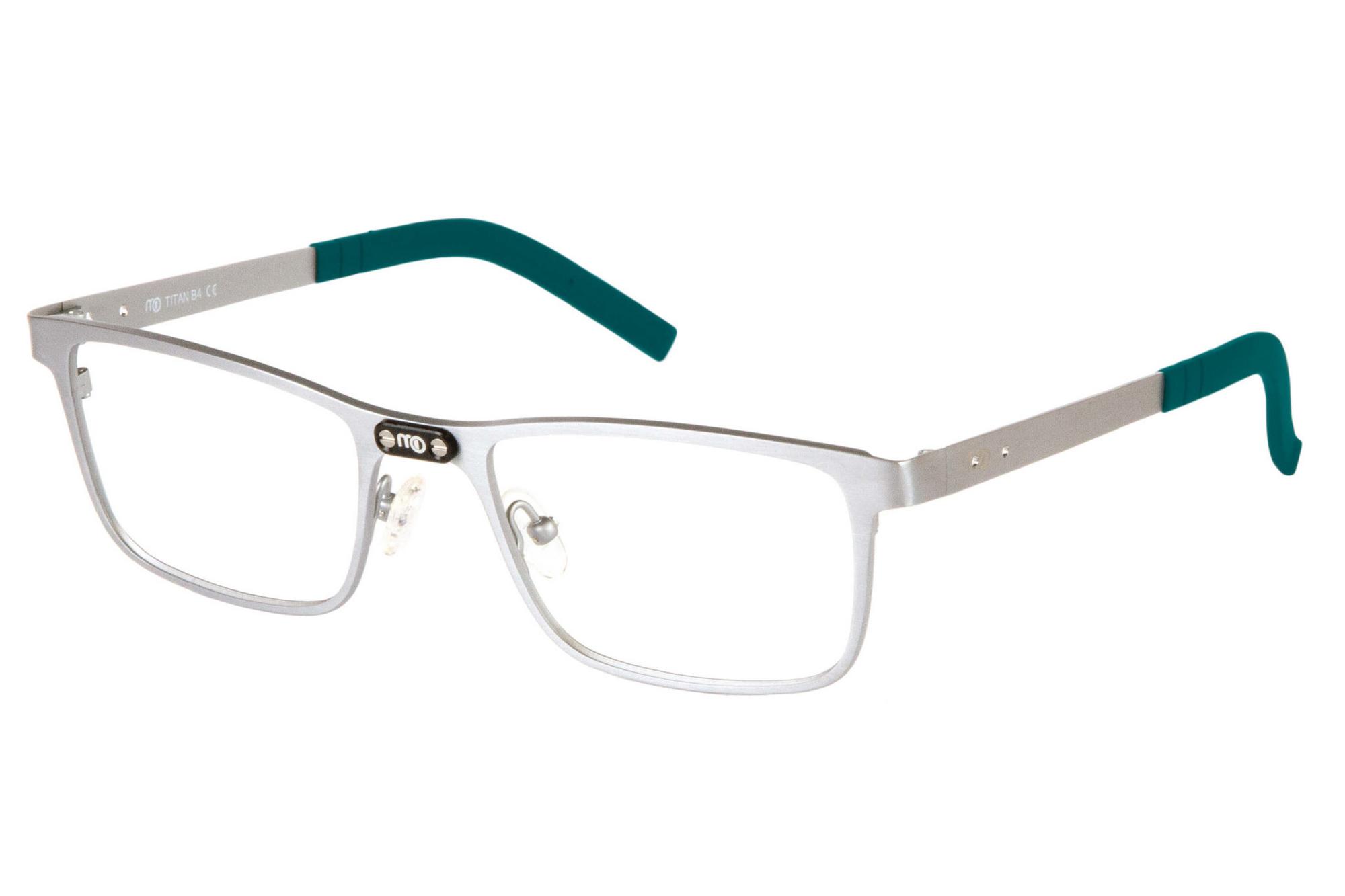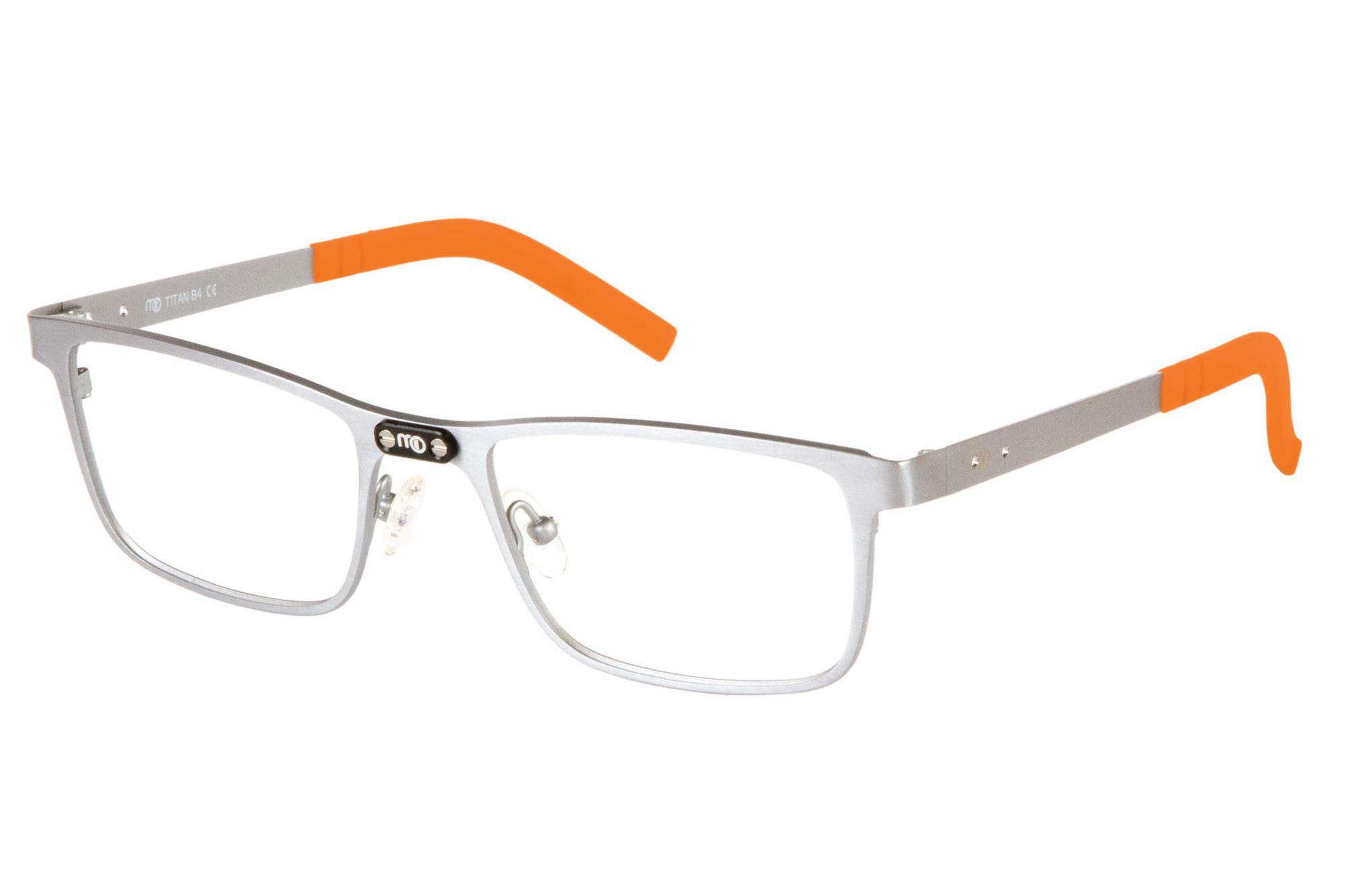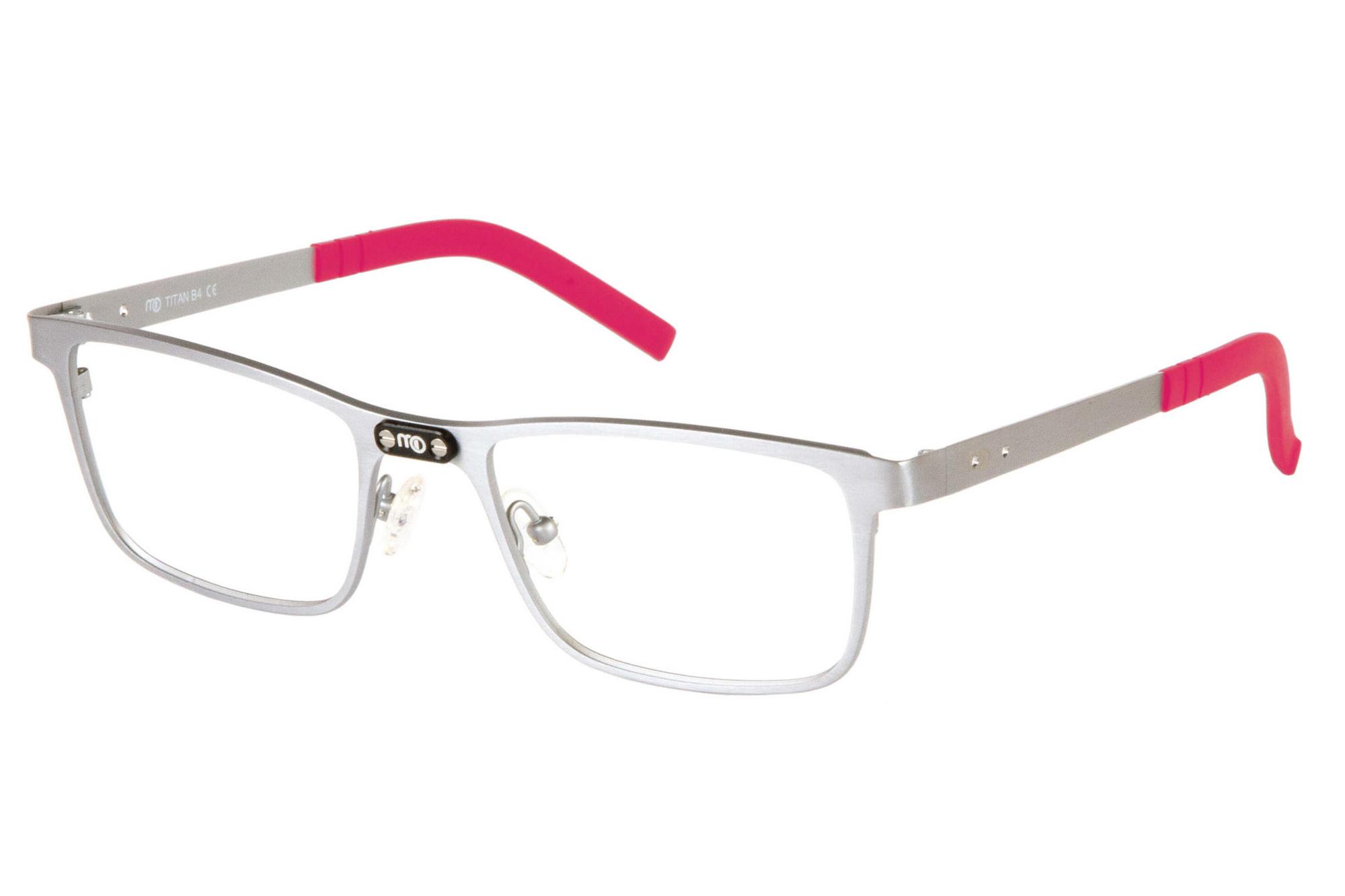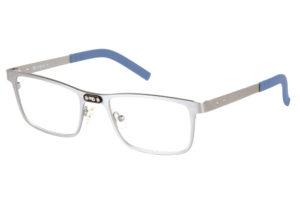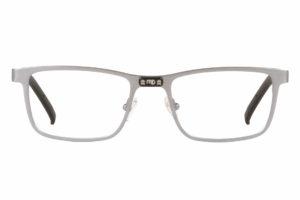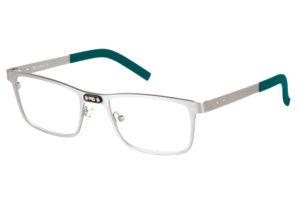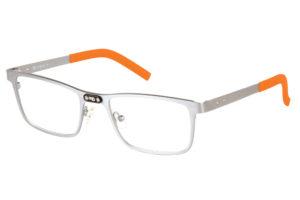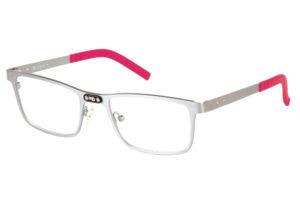VinKep loupes

Features
- Improved balance and less than half of the weight of traditional Kepler systems
- No neck bending – patented Pentaroof Prism system shifts the magnified image up and forward
- Individually customized with no standard angles
- Made-to-measure focus distance (no steps)
- Easy to clean and disinfect
Available magnifications

MAGNA
- Magnification 3.5x (comparable)
- Magnification 2.9x (spatial)
- Magnification 2.5x (angular)
- Field of vision ~10 cm
- Depth of field ~10 cm

MAXIM
- Magnification 4.5x (comparable)
- Magnification 4.3x (spatial)
- Magnification 4.0x (angular)
- Field of vision ~8 cm
- Depth of field ~6 cm

XTREM
- Magnification 5.5x (comparable)
- Magnification 5.3x (spatial)
- Magnification 5.1x (angular)
- Field of vision ~6 cm
- Depth of field ~3 cm
Compatible frames
Titan B4
The lightweight but strong Titan B4 frame is the perfect base to build any MO Optics® vision solution on. The frame allows all prescription lens types and can be used together with all our loupe models. The functional design is also visually appealing and we are proud to mention that the MO Optics® Titan frames are the most popular frame choice among dental professionals in the Nordic Countries.
- Lightweight titanium frame with brushed finishing
- Three sizes (M, L, XL)
- Three adjustable nosepad options
- Adjustable temple tips in latex-free silicone, available in colors
- Compatible with all MO Optics® attachments
Compatible lenses
In a TTL (Through-The-Lens) system, loupe telescopes are attached to eyeglasses through holes that are made in the lenses. Lenses with powers for near vision are added to the loupe telescopes, and a lens type most appropriate for the user’s requirements is selected for the surrounding carrier lenses. This way we can build TTL solutions even for the most demanding viewing conditions.

Single-vision carrier lens
A single-vision carrier lens has the same corrective power across its whole surface, so the field of vision is the size of the whole lens. These lenses work perfectly when there is no need for near vision addition or only a small addition would be required. With stronger near vision additions, the single-vision lens provides limited ability to see things clearly at longer viewing distances. The corrective power of the single-vision carrier lenses is usually made for a viewing distance of instruments or a computer screen.

Progressive carrier lens
The additional power of the lower part of the carrier lens providing near vision diminishes gradually towards the top of the lens that is used for looking further away. Progressive carrier lenses most suitable for room distances include the so-called enhanced reading glasses and occupational progressive lenses. In these lenses, the narrow field of vision typical to progressive lenses can be widened by not including the area for far distance vision in the top part of the lens. In addition, this also results in a slower power change throughout the lens, which makes it easier to view various objects.

Roomer carrier lens
Roomer carrier lenses are especially useful when strong near vision addition is required but you also need to have good vision at longer distances while wearing loupe glasses. The corrective power in the middle of the lens is typically for the distance of instruments or a computer screen, whereas the top area is for viewing objects at a longer distance. Compared to progressive lenses, roomer lenses have the benefit of wide and clear fields of vision.

